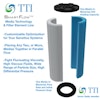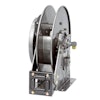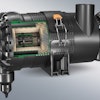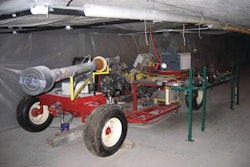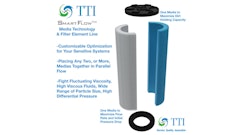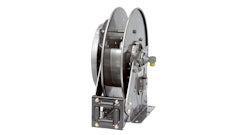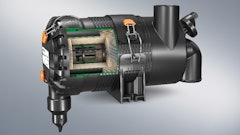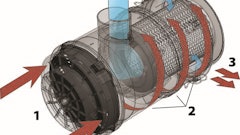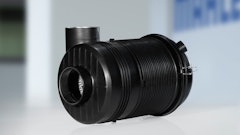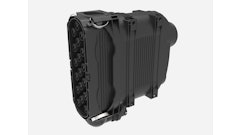The Diesel Technology Forum issued the following statement today regarding the release of the National Cancer Institute (NCI) and National Institute for Occupational Safety and Health (NIOSH) study of Diesel Exhaust in Miners (DEMS). The study looked at the relationship between exposure to diesel exhaust and the incidence of lung cancer in miners who worked in underground mines from the 1950’s to the 1990’s.
Allen Schaeffer, the Executive Director of the Diesel Technology Forum, issued this statement:
“Diesel engines are the workhorse of the global economy, being the primary source of power in sectors like agriculture, construction, goods movement, industrial applications and personal and public transportation.
“The importance of diesel engines is matched only by the continuous reduction in emissions leading to today’s near-zero emissions levels.
“Advancements in diesel technology have consistently contributed to clean air progress around the country. Across the U.S. emissions of particulate matter from diesel engines are declining and make up less than six percent of all particulate emissions. And in California, the state with the greatest air quality concerns, the majority of particulate emissions today come from brake and tire wear, with diesel emissions making up small and declining fraction.
“The Diesel Technology Forum has not been involved in the NCI/NIOSH Diesel Exhaust in Miners Study in any way. Now that it has been released, we anticipate that other experts will undertake a thorough analysis and a peer review of the study design and results.
“Diesel engine and equipment makers, fuel refiners and emissions control technology manufacturers have invested billions of dollars in research to develop and deploy technologies and strategies that reduce engine emissions, now ultimately to near zero levels to meet increasingly stringent clean air standards here in the United States and around the world.
Emissions from diesel trucks and buses have been reduced by 99% for NOx and 98% for particulate emissions
“For example, over the last 10 years alone, emissions from heavy-duty diesel trucks and buses have been reduced by 99 percent for nitrogen oxides (NOx) - an ozone precursor - and 98 percent for particulate emissions. A key part of reducing emissions has been the shift to ultra-low sulfur diesel (ULSD) fuel that has been available since 2006. That change in fuel specification reduced sulfur emissions by 97 percent – from 500 PM to 15 PM, and enables the use of advanced emissions control technologies. Similar changes are taking place in off-road engines and machines.
“Considering that it would take 60 of today’s clean diesel trucks to equal the same level of particulate emissions from one pre-1988 truck. This remarkable 60 to 1 ratio is a vivid indicator of the remarkable advances in clean diesel technology.”

